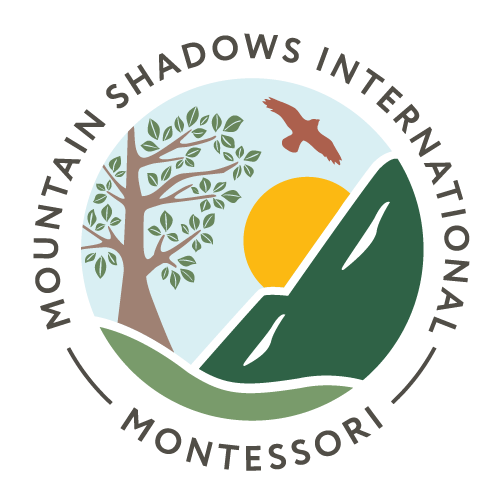What is Montessori?
What is the difference between Montessori and Traditional Education?
Montessori education encourages a child-centered, self-directed approach to learning, emphasizing hands-on, experiential learning over traditional instruction. It promotes a holistic development of the child, fostering independence, critical thinking, and a love for lifelong learning, while traditional education often follows a structured, teacher-led curriculum. Montessori classrooms prioritize mixed-age groupings, fostering collaborative learning and peer mentoring, in contrast to the more age-segregated classrooms commonly found in traditional educational settings.
Why does Montessori have multi-age classrooms?
Montessori classrooms utilize multi-age groupings to foster a collaborative and supportive learning environment, where older students can mentor younger ones, promoting leadership and empathy. This structure allows children to learn at their own pace and encourages social development by facilitating peer-to-peer learning and cooperative problem-solving. It also promotes a sense of community and inclusivity, enabling students to develop a deeper understanding of diverse perspectives and abilities.
Is Montessori a good fit for students with varying abilities and aptitudes?
Montessori education is particularly well-suited for children with various abilities and giftedness, as it provides a flexible and individualized learning environment. The Montessori approach allows each child to progress at their own pace, catering to their unique strengths and interests, which is especially beneficial for gifted students who may require more challenging material. Additionally, the mixed-age classrooms in Montessori schools encourage peer-to-peer teaching and learning, providing opportunities for all students, regardless of their abilities, to collaborate, mentor, and develop empathy, creating an inclusive and enriching educational experience for all.
Who accredits Montessori programs?
AMI (Association Montessori Internationale) accreditation is crucial in the Montessori community as it ensures adherence to Maria Montessori's original principles and methodology, maintaining the integrity and authenticity of the Montessori approach. With Montessori not being trademarked, AMI accreditation serves as a reliable standard of quality, certifying that a school or program follows internationally recognized best practices and provides an authentic Montessori education. Parents and educators can trust AMI-accredited institutions to offer a genuine Montessori experience, promoting the holistic development of children based on Montessori's educational philosophy.




